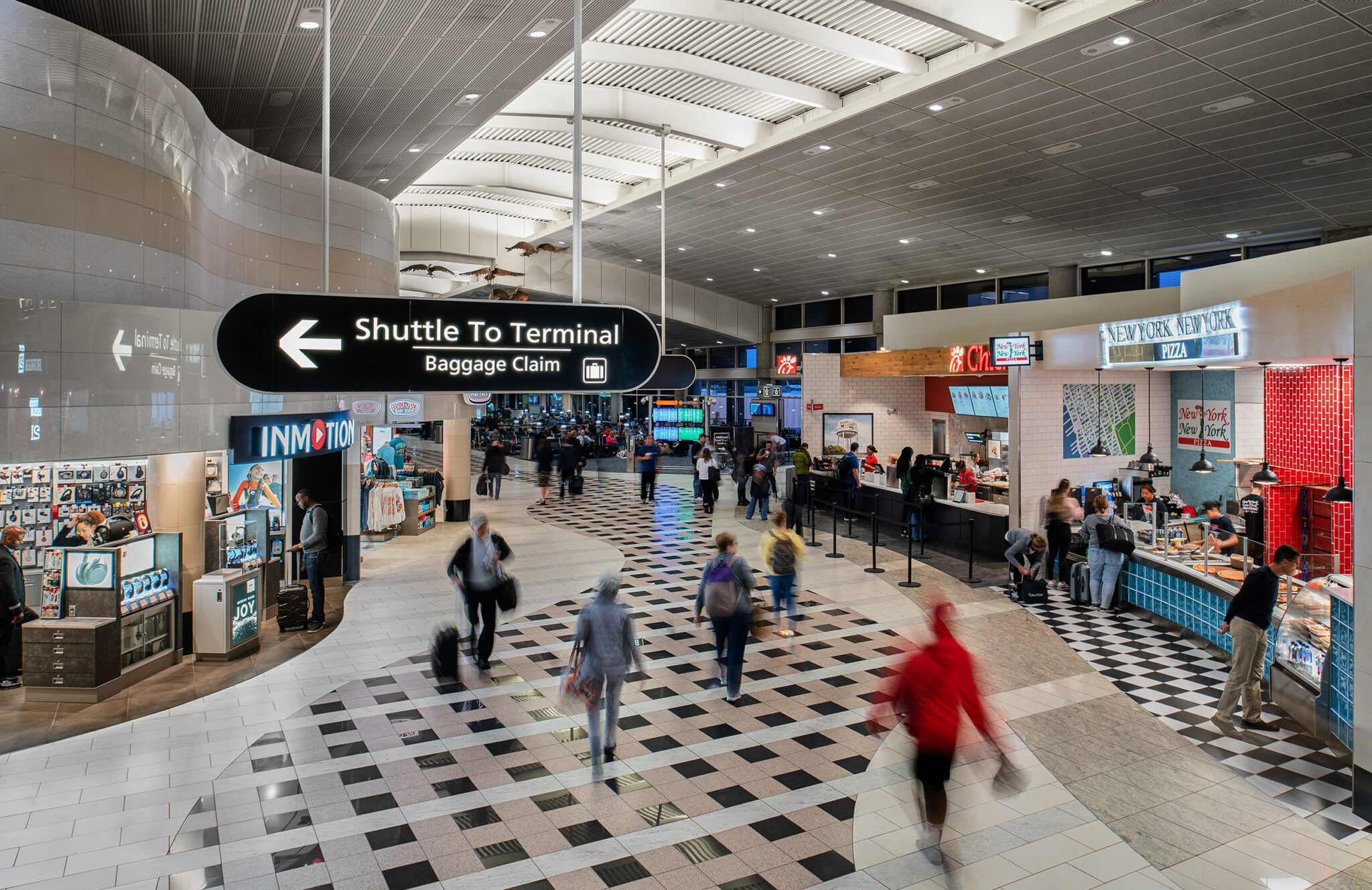What Short-Term Rentals Need to Know About Summer’s Key Travel Trends

Skift Take
Heading into the second half of 2021, the travel industry continues to shift forward with promising indicators of upward momentum. With leisure travelers showing their desire to make up for lost time, bookings are surging: positive growth that’s likely to sustain as further pandemic restrictions are lifted.
Offering a targeted glance at the current short-term rental market scene, revenue management platform Beyond has just released its ‘Short-Term Rental Industry Summer Trends Report’.
The report provides an analysis of what’s happening right now in the short-term rental market, offering actionable guidance for short-term rental suppliers to take advantage of trends in a shifting landscape.
The report condenses 600 responses from the traveling public and 890 from short-term rental managers and owners. It looks at the latest spring market behavior, with likely forecasts through summer and beyond.
SkiftX unpacks the report’s key findings ahead of the summer upsurge.
TOP REASONS FOR TRAVEL AND DESTINATIONS OF CHOICE
After a trying year, travelers are ready for some rest and recuperation. Most respondents reported rest and relaxation as the primary driver for travel this summer (26 percent), with another 23 percent looking forward to visiting family and friends with restrictions lifted.
Booking pace is now trending at or slightly above 2019 levels, while urban hubs and cities are likely to witness the highest influx of traffic. Almost 30 percent of respondents expressed plans to visit this type of destination.
Others prefer the outdoors, with 28 percent headed to the beach, and 20 percent to the mountains.
Pent up demand for European destinations persists, however logistical roadblocks and vaccination delays mean uncertainty, and lower booking uptake. It’s expected that national updates on this will determine EU growth trends in Q2 2021 and beyond.
CHOICE LODGING OPTIONS FOR THE SUMMER
With 31 percent of travelers expressing a desire to make bookings, hotels and resorts are set to receive the highest upswing.
This was followed by 24 percent of respondents who expressed preference for a short-term rental, with 22 percent looking forward to staying with family and friends.
POST-PANDEMIC SHORT TERM RENTAL EFFECTS
The combination of pent-up demand, and more travelers turning to short-term rentals, means that the recovering market is poised for growth.
Forty-six percent of the owners and managers interviewed reported an increase in interest in their properties during the previous months. This dovetails into the fact that 35 percent of travelers reported that they’d already stayed in a short-term rental in the past 12 months, 12 percent more than those who chose a hotel or motel. Additionally, one in three travelers expressed the desire to choose a short-term rental sometime in the next six months.
All in all, it’s an optimistic forecast. And while many operators are still recouping 2020’s lost income, they’re likely to witness year-over-year increases in demand and overall revenue through summer 2021 and into the future.
THE IMPORTANCE OF A DYNAMIC PRICING MODEL
Dynamic pricing is no longer a luxury, but a necessity. Seventy-five percent of property owners cited dynamic pricing as crucial in their property management.
Further, 70 percent of owners and managers agreed that dynamic pricing equips them with greater control, and the ability to be proactive rather than reactive as they capture and capitalize on market changes. Thirty-four percent believed it helped level the playing field against hotel competitors.
LONGER STAYS EQUAL NEW OPPORTUNITIES
As a result of the pandemic, travelers are now staying much longer, with some fusing work and leisure. This opens up many new opportunities for short-term rentals, and managers and owners should capitalize on this emerging trend with renewed focus on direct bookings.
Naturally, online travel agencies remain popular; 94 percent of short-term rentals are listed on Airbnb. However, the report reminds the industry that this channel is no ‘silver bullet’. Thirty-eight percent of owners and managers reported using their own website or booking engines, showing that they’re engaged with their property on pricing, using industry data and incorporating the latest technology.
Coupled with dynamic pricing, a strong direct booking model ought to be a core point of focus for managers and operators to benefit strongly as more and more bookings roll in, while giving maximum flexibility and competitive control.
This content was created collaboratively by Beyond and Skift’s branded content studio, SkiftX.




